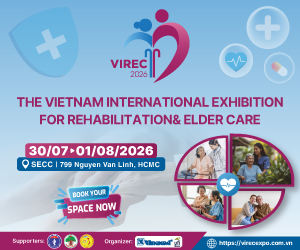This article has been verified medically by Dr Lim Chong Hee, consultant thoracic and cardiovascular surgeon at Surgi-TEN Specialists, Farrer Park Hospital (Singapore).
About the Doctor
What is a heart transplant
Heart transplant replaces a diseased heart with a healthy donor heart, typically from a donor who has been medically certified to be brain dead. This is the most advanced treatment for heart failure, the last and final resort when the diseased heart has not responded to medications or surgery and the patient’s chance for survival falls below 50%.
Here in Singapore, the National Heart Centre Singapore (NHCS) is the only healthcare institution that carries out heart transplantations. As of 2014, it has carried out more than 54 heart transplants.
Human Organ Transplant Act (HOTA)
The availability of donor hearts is key to give patients with advanced stage heart failure a new lease of life through a heart transplant.
In Singapore, the Human Organ Transplant Act (HOTA), allows four organs, namely, the kidneys, liver, heart and cornea of a person declared to be medically brain dead to be harvested for transplantation All Singaporeans and Permanent Residents who are 21 years old and older and not mentally disordered are automatically deemed donors under the Act.
A person will have to sign and submit an opt-out form if he does not wish to be a deemed donor. Those who choose to remain under HOTA will have a higher priority in receiving an organ if they need a transplant in future.
Although HOTA has increased the pool of potential organ doners, denial and objections from grieving family members often present a real obstacle for organs to be harvested under HOTA, leading to delays and rendering the organs unsuitable for harvesting outside the 24-48 hour window.
Singapore’s deceased organ donation rate was 6.6 organ donors per million population (pmp) in 2017. This is significantly lower than Spain’s 46.9 pmp in 2017, the highest in the world.
Statistics from the Ministry of Health showed that there were 6 heart transplants out of a total of 504 deceased donor organ transplants in 2018. Of them, 19 were liver transplants and 38 were kidney transplants. Cornea transplants represented the bulk of these organ transplants at 88 per cent.
Who is eligible for a heart transplant?
Patients suffering from end-stage heart disease and under the age of 60 are the most likely candidates for heart transplant. Four basic questions have to be addressed by the doctor, patient and family to determine whether a transplant should be considered for the patient:
Patients who do not meet the above criteria or suffer from other conditions, such as other severe diseases, active infections or severe obesity, are not considered to be suitable candidates for a heart transplant.
Heart Transplant outcomes
A heart transplant often leads to positive outcomes, providing the patient a much better quality of life. although he will have to take medications for the rest of his life to ensure that the transplanted heart is not rejected.
Worldwide, survival rate is about 86% at year one after a heart transplant surgery, 73% after five years and 60% after 10 years.

























